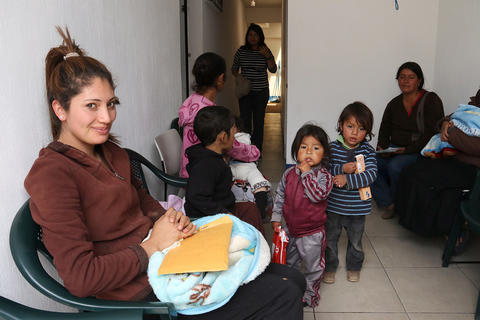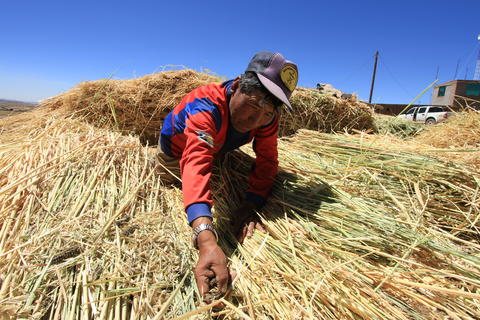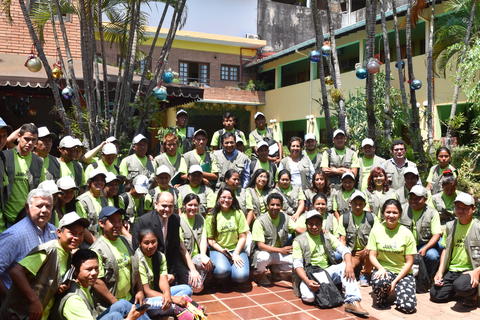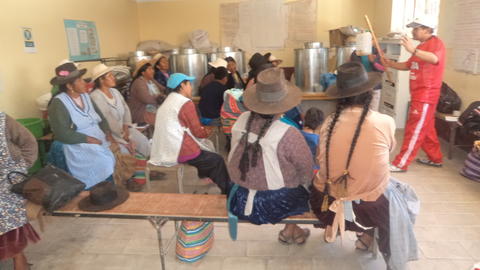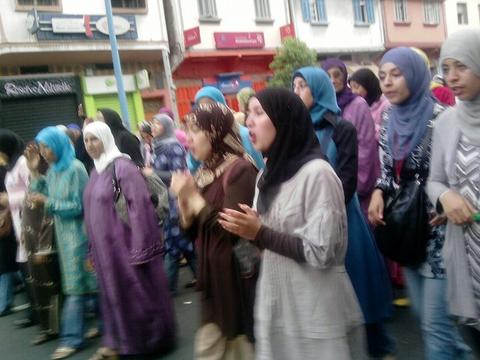October 18, 2017
Colombian women growing coffee, brewing peace
Almaguer is a rural municipality in the lush Colombian Massif in the south-west of the country. The picturesque landscape of green mountains and fertile valleys dotted with small settlements in the Cauca region set the scene for the atrocities of Colombia’s armed conflict over a period of 50 years. As the conflict comes to an end with the peace agreement signed in late 2016, women here want to construct a peaceful and prosperous future for their communities. After all, without a decent life and income, how will peace stick?
Mercedes Ruiz, a petite coffee planter, is one of them. Last year, she and 600 other indigenous and rural women from the municipality, also coffee planters, founded the Association of Rural Women Almaguereñas (AMURA), with the support of UN Women as partner of the SDG Fund Joint Programme in Colombia. The women have been coffee growers for generations, but had limited knowledge of how to market their product. They also lacked decision-making powers within the family and in the coffee trade.
"We decided to organize because our voices were not being taken into account," explains Ruiz. When the women started to organize, at first their families were opposed to the idea of a women’s association. “They said I left the family too often [to meetings] and neglected my duties at home,” Ruiz recalls. However, the women felt determined to improve their social and economic situation.
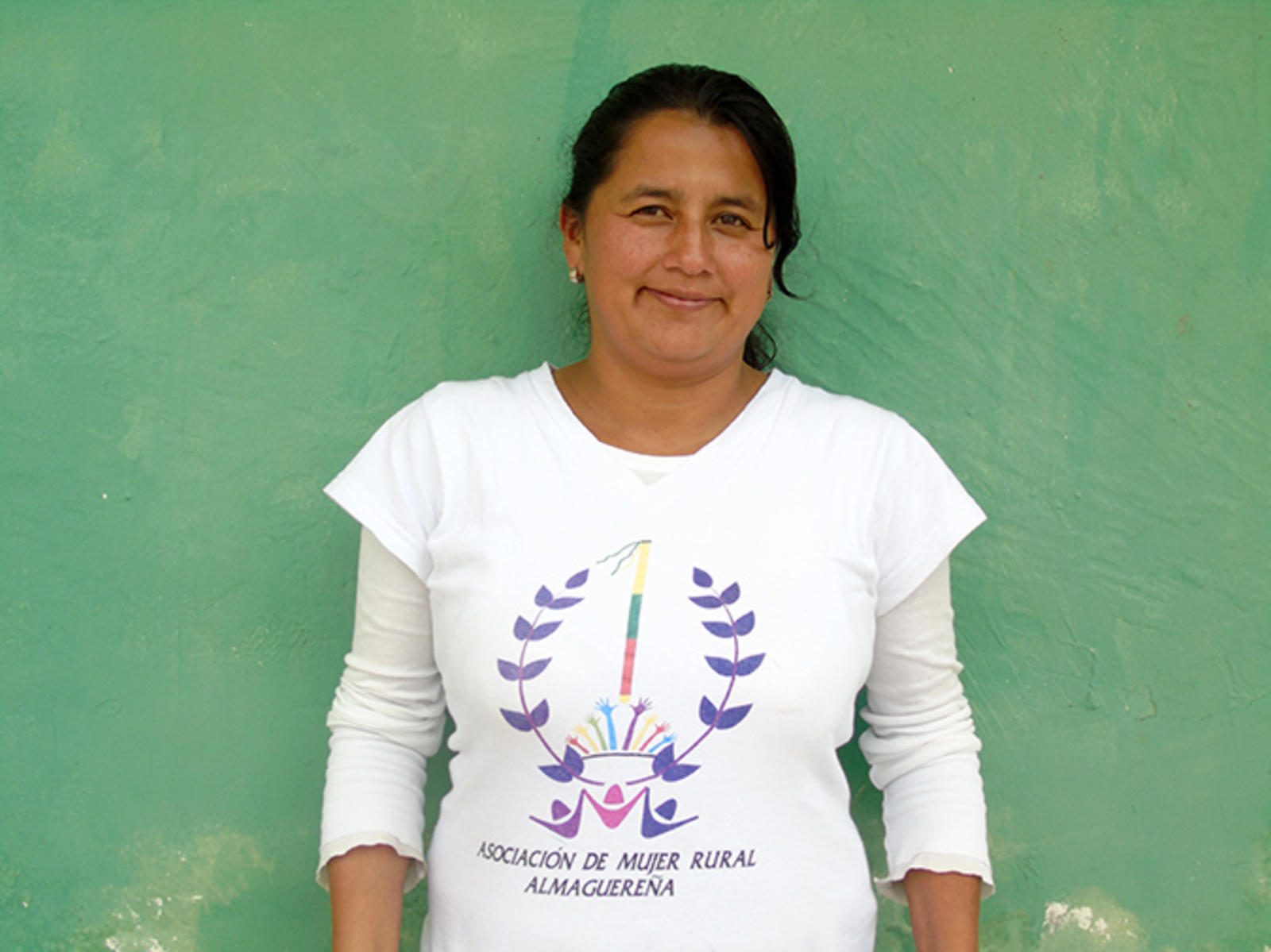
Mercedes Ruiz. Photo: UN Women/Laura Soriano
In 2016, Ruiz, along with other rural women leaders from the region, was invited to take part in leadership workshops conducted by a local development partner, Fundación Estrella Orográfica del Macizo Colombiano (FUNDECIMA), with support from UN Women and other UN agencies who were partners of the SDG Fund’s programme. At the workshops, the women learned how to strategize collectively, how to prepare and implement business plans for their initiatives, and how to make their business efficient.
“Our idea is to strengthen existing proposals of women’s organizations," explains Andrea Villareal from UN Women. “The leadership programme aims not only at improving women's access to economic resources, it empowers women so they can influence the economic and political decisions that affect their lives and make sure their contributions to the economy of the region are valued.”
Ruíz confirms that "we have started being more active in the planning processes of the municipality. We know this is important to ensure that the peace and development processes in the region work for women."
The members of her association regularly hold meetings with the local municipal authorities and in 2016, a municipal decree proposed by them was successfully adopted to institutionalize the commemoration of 25 November, International Day for the Elimination of Violence against Women and 8 March, International Women’s Day.
The trainings supported also engaged male local leaders and family members of the participants to raise their awareness on women’s rights, combatting violence against women and redistributing women’s unpaid care work. Together, women and men learned about the benefits of women’s economic empowerment and about transforming gender roles and cultural practices that hold women back.
Our idea is to strengthen existing proposals of women’s organizations
Andrea Villareal
UN Women
"The participation of men has been very useful. It helped us raise a collective awareness about women’s rights,” explains Olga Truque, project coordinator of FUNDECIMA.
Ruiz confirms that her family members have started taking on household chores and are now supportive of her role outside the home: “My 18-year-old son encourages me to educate myself and to work in the community. My husband supports me and gives me the strength to continue with this project."
Today, the women coffee growers in Almaguer are abuzz with excitement about the new coffee roasting and grinding machines for their coffee processing factory, set to arrive soon. They are learning about the new technology that will improve the processing of their coffee and are already planning how to market their products.
"We do not have labels yet for the different products, but these are the things that we’ve started to think about because of the training we received,” Ruiz says. "We understand now that empowered women can contribute not only to our families, but to our communities as a whole," she concludes.
This is an edited version of a news story published by our partner UN Women on 13 October 2017. Read it here

